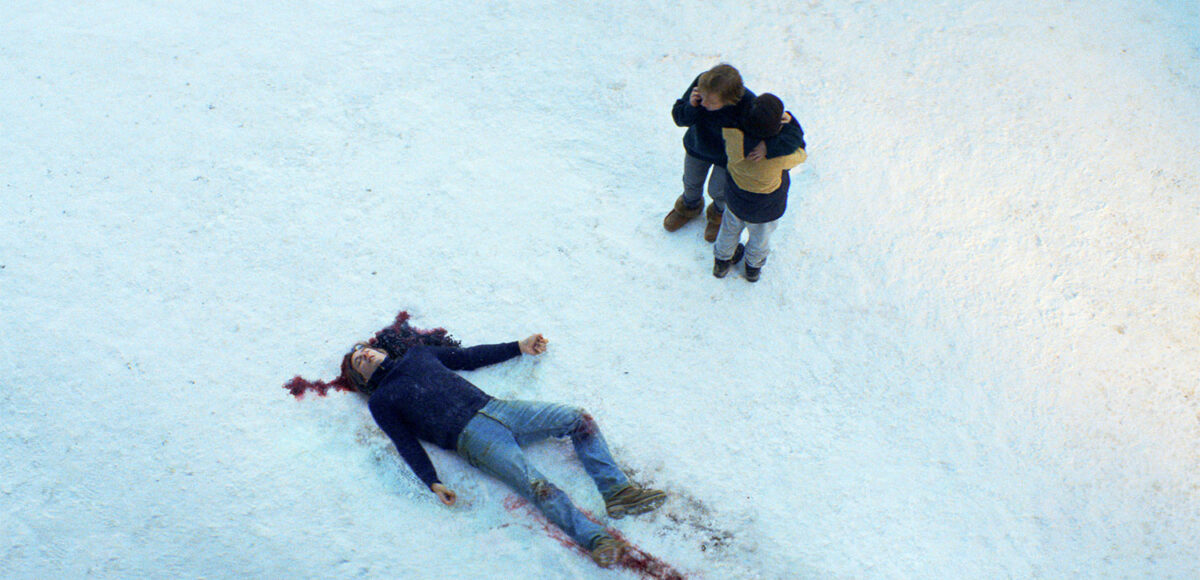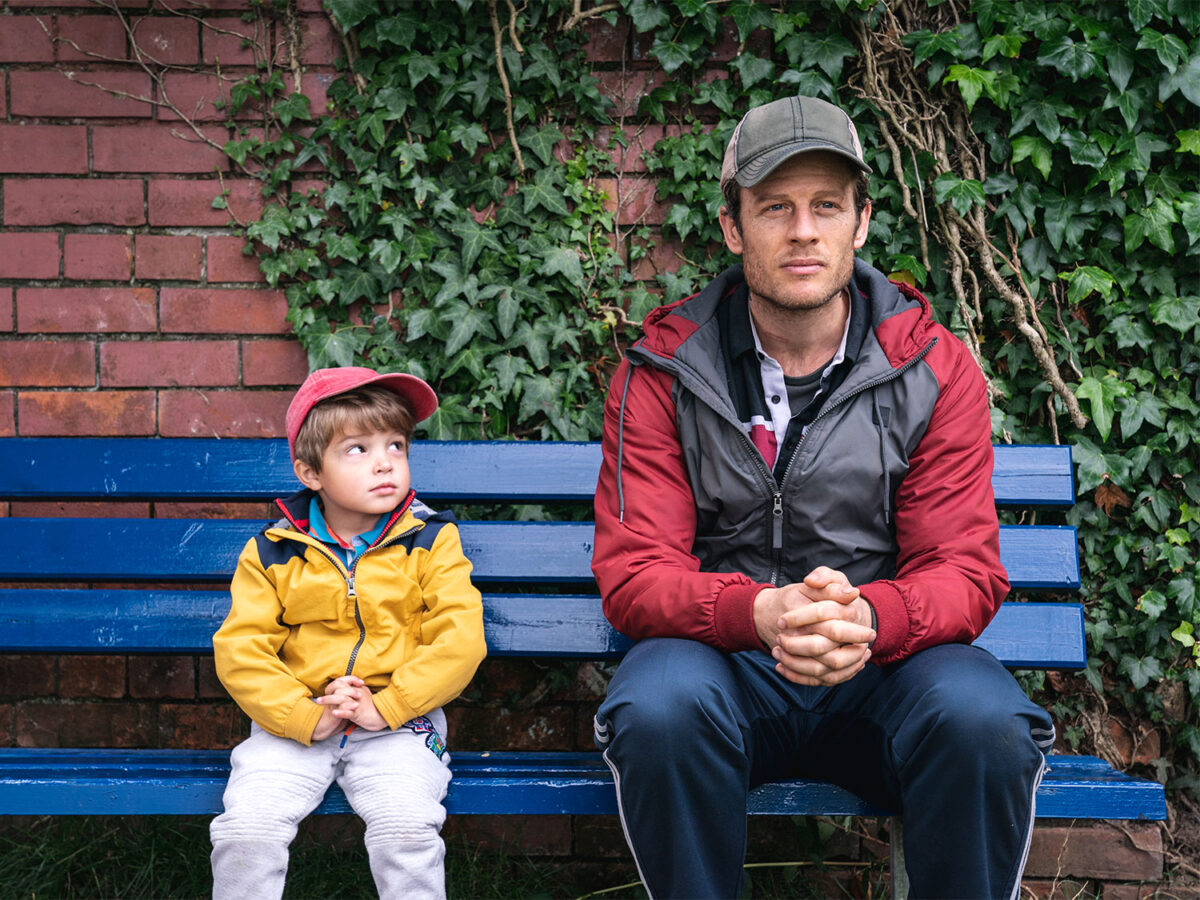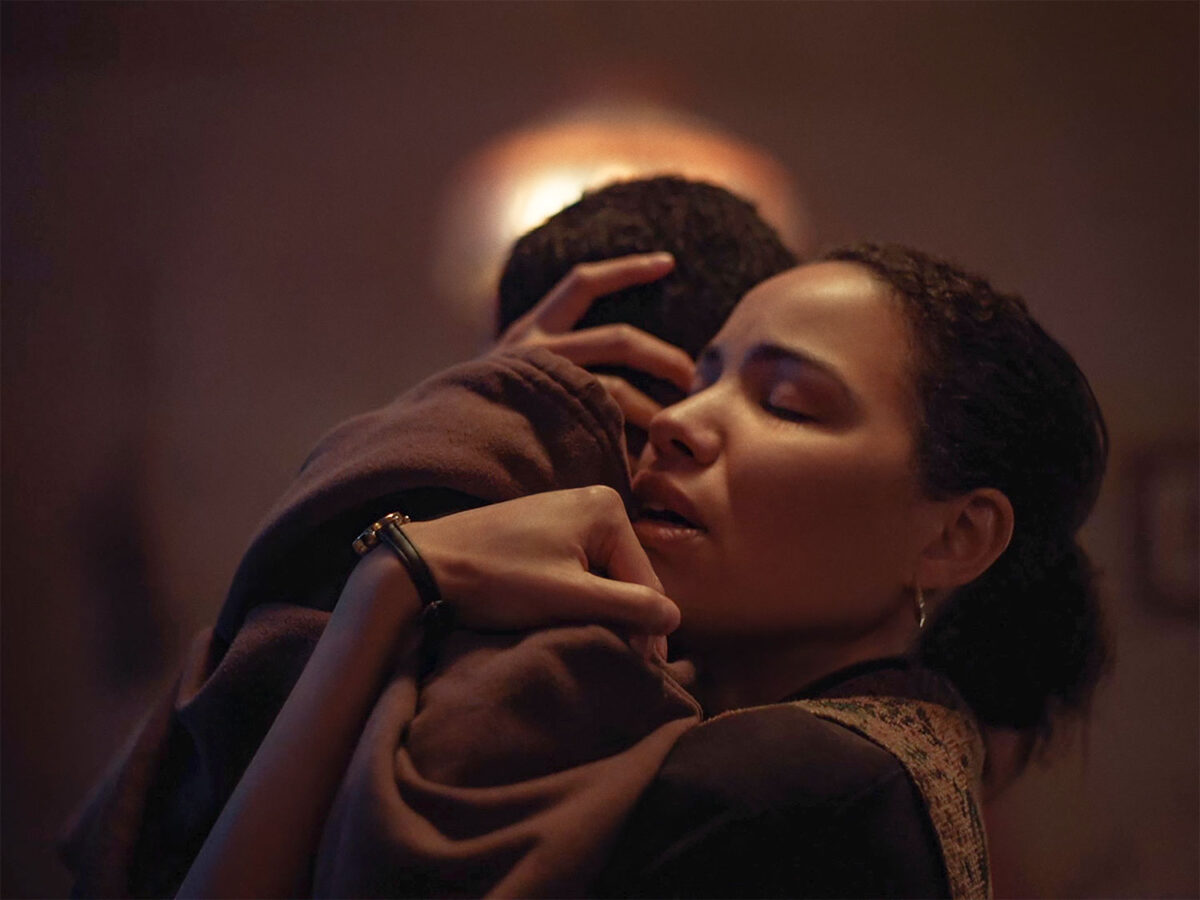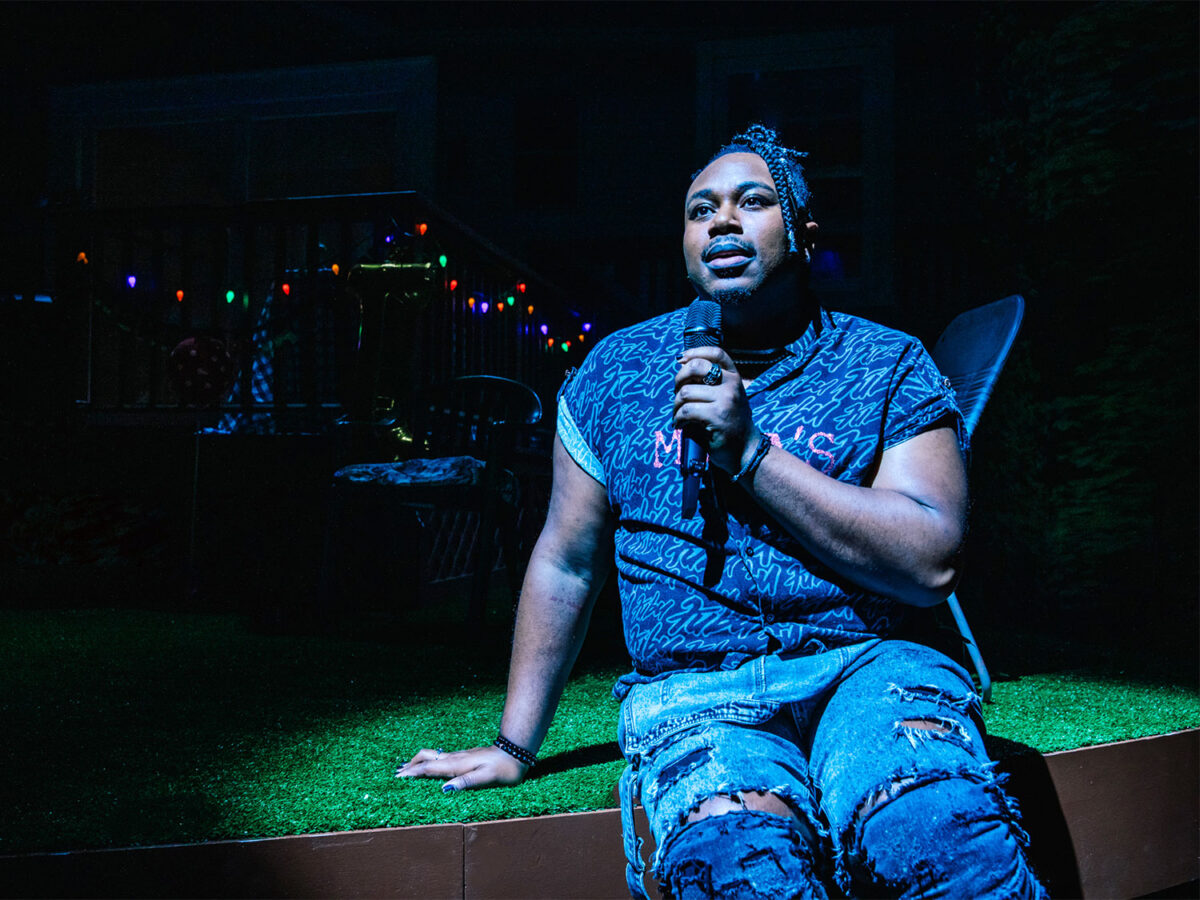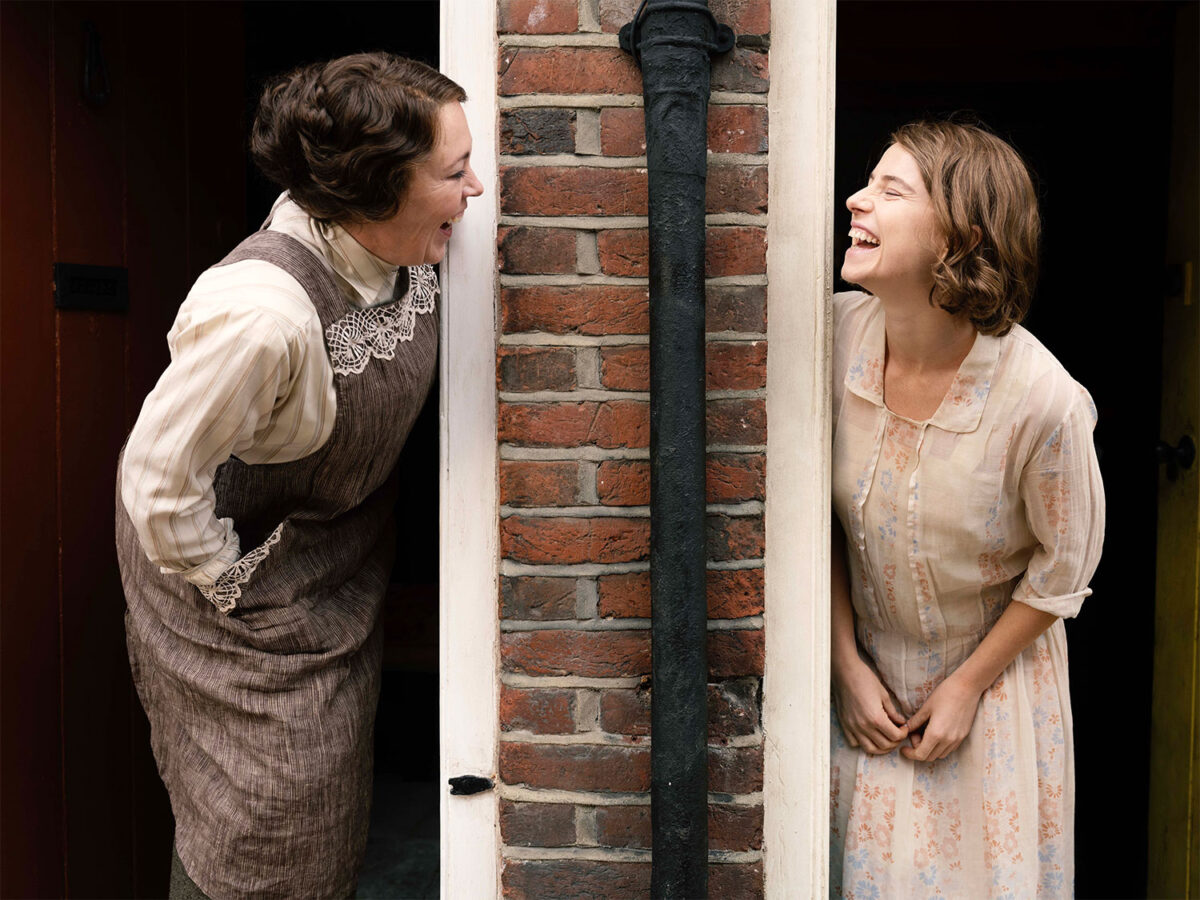The plot of this film is deceptively simple. A man is found dead at the foot of his chalet by his young son, an inexplicable accident if, indeed, it is one. It is what Justine Triet, the director and co-writer, with her husband Arthur Harari, has done with the aftermath that separates it from the ordinary and puts it in a category all its own. “Anatomy of a Fall,” winner of the 2023 Palme d’Or at Cannes, marked only the third time in 68 years that a woman has won this award and what an incredible film it is.
It is a story that has been told many times before, but never quite as skillfully. The unusual position of the body, the probable distance that it fell and the mysterious head wounds mark this as a suspicious death with only one suspect—the wife, Sandra. Questioned by the police, she recounts an uneventful life, placid, peaceful, full of bilateral compromise that allowed the couple to maintain separate interests. She and Samuel, her husband, met years ago in London where they were struggling writers. In recent years she had succeeded, with several novels to her name. He was still teaching and trying to complete a novel started years before. She admits that their relationship showed signs of stress when young son Daniel lost most of his sight in an accident, an accident Samuel blamed on himself and Sandra did not disabuse him of this notion. Still, she preferred to live in the present and work with Daniel’s new normal; Samuel could not, home schooling him, ever watchful of dangers and cocooning him from outsiders entering his world. But, she explains, they moved on and had a happy marriage.
Samuel, French, and Sandra, German, communicate in English, neutral ground for them both because Sandra’s French is not fluent and Samuel’s German is non-existent. Already the scene was set, like a U.N. meeting, for partnership negotiations in language, setting, child raising and domestic duties. But mainly, the undercurrent of tension between them was about time—having it, wanting it, losing it. That they slept in separate rooms indicates a lack of romance or maybe it was just a tolerance for each other’s conflicting schedules. Still, as the investigation by the police begins, she insists that there were no fights, something corroborated by Daniel who insists he never heard his parents arguing.
Knowing she will need a lawyer, Sandra enlists a friend, Vincent. He demurs; she needs a more experienced lawyer. She insists; she needs a friend by her side. The wheels of justice turn slowly but inexorably toward a murder trial. Neither is prepared for the maelstrom that awaits them in court as the prosecutor, zeroing in on all the inconsistencies present in the crime scene, ruthlessly attacks the stoic Sandra, sometimes using a scalpel and other times an ax. This is the French judicial system, messier than ours and less accepting of objections. The courtroom scenes are uncomfortable, and the prosecutor’s skill is a barrier that Vincent finds difficult to overcome when trying to propose a theory of suicide.
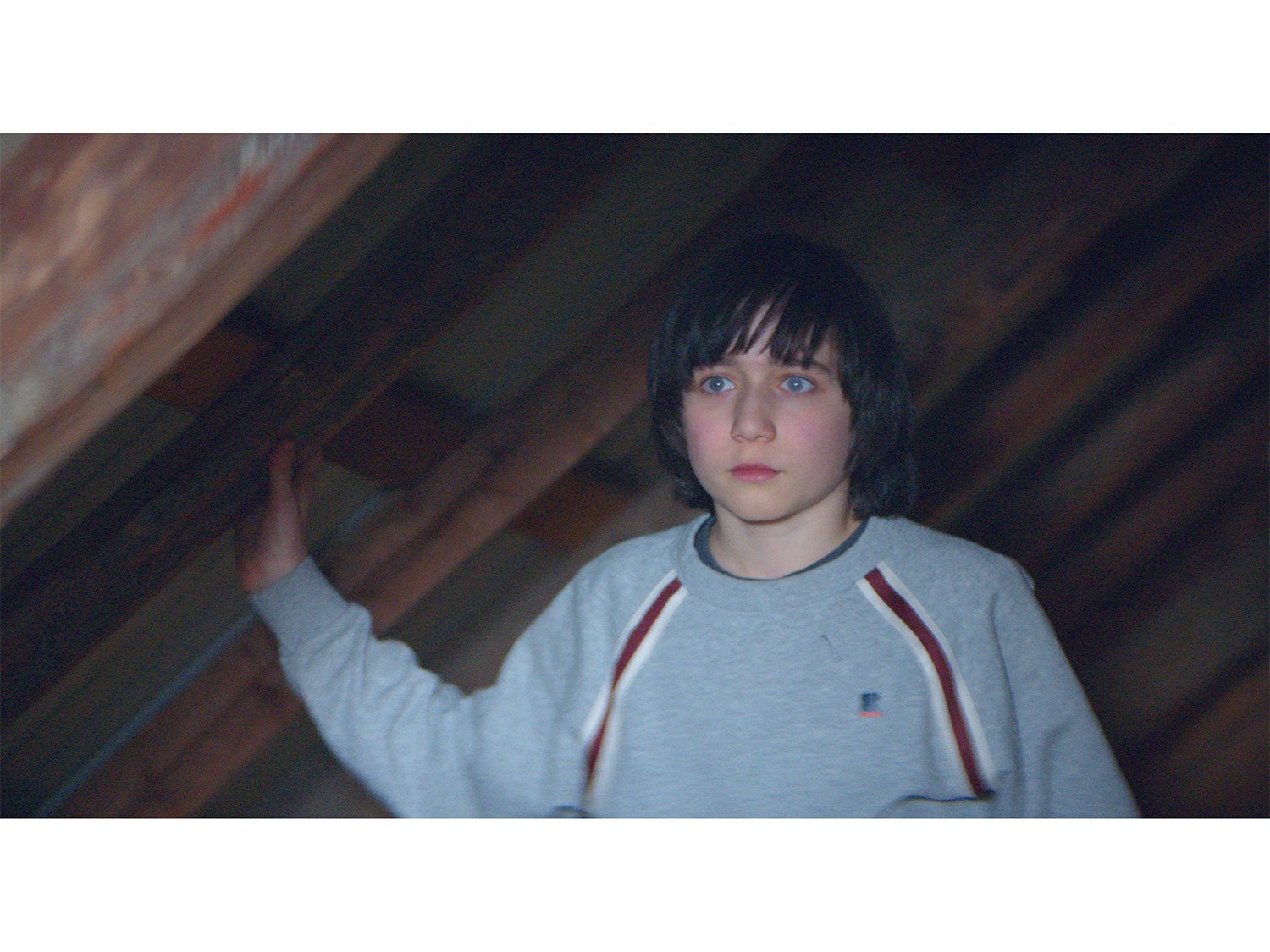
And herein lies another reason Triet’s film is exceptional. This is not “LA Law” and certainly not “Law and Order.” There are no histrionics, no Perry Mason moments, only the steady, realistic chipping away at a presumed guilty party. The prosecutor, as much as you’d like to hate him (and I did) is doing his job. It’s not to find Sandra innocent; it’s his job to prove her guilt. Her unemotional demeanor doesn’t shout innocence nor do the things she kept hidden; her lawyer finds little ground to object to in the questioning of witnesses. That he often doesn’t make the best use of his cross-examinations is a signal that Sandra may have chosen poorly. No weapon is found; no motive screams out; everything is circumstantial. Samuel is dead from a suspicious fall and Sandra was the only one home. Even her son, her greatest ally, begins to have doubts.
What makes this all so extraordinary is the synergy of the filmmaking. The acting, writing and directing are in such perfect sync that you feel like you’re cohabiting this scene. So in tune is everything that a totally realistic environment is created, especially in the courtroom where you begin to feel like you are not just an observer but part of the jury, wanting to believe, unable to believe. Triet trains her camera close up on the prosecutor’s face, so much so that you can feel the venom spit from his lips; she gives no space between the viewer and the villain of the piece. He is both seductive and repellant. Triet takes you so thoroughly into each scene that you become part of it. Naturalistic is the descriptor that comes to mind. Gradually, inexorably, tension continues to build as the prosecutor excavates more and more about the couple’s troubled relationship and Sandra’s inexplicable lapses in relating their troubles to the initial investigators. Triet forces you to see Sandra from all angles, something that makes the viewer continually vacillate between her guilt or innocence. Nothing is ever completely clear; you are constantly thrown off balance in any allegiances you may have formed. The earth is shaky and the foundation is never solid.
Language plays a major role, its intricacies, its subtleties and its obtuseness. Gliding back and forth between French and English, Sandra’s lack of fluency is a major stumbling block to her defense when the court insists that all testimony be given in French. Eventually unable to express herself and understand the nuances, she must rely on interpreters to translate her English, something they can do quite ably. What they can’t do is communicate the emotions she can express in a language she is comfortable with.
All the more unusual is the fact that Samuel is a completely developed character despite the fact that he is unseen until one critical moment in the trial when an audio tape of an argument is introduced by the prosecutor. Triet chooses to dramatize the end of the tape by filming Samuel as he escalates the disagreement into a full-scale fight with Sandra. What is most jarring is the realization that this is your very first glimpse of Samuel, mentioned so many times previously that you were certain you had seen him.
The acting is part of what makes this such a realistic experience and everyone contributes. Swann Arlaud as Vincent, Sandra’s lawyer, has the sympathetic eyes of the smitten; overwhelmed but striving. Antoine Reinartz as the prosecutor is the man you want to hate. Eyes bright, movements choppy, shining in his many closeups, he is the master of rhetoric and duplicity. He is able to evoke a range of emotions from the viewer, all of which contribute to his believability as someone who has his prey in sight. Samuel Theis as Samuel makes the most of his short time on screen, communicating the frustrations of a man incapable of taking command of his situation and needing to blame it on others. Milo Machado Graner, Daniel, was an amazing find. His transformation from innocence, believing in what he thought was his life, to the childhood version of cynicism where his beliefs and past memories are challenged beyond his comprehension would have been a difficult role for an adult, let alone a child whose previous few roles were very minor.
But this is really all Sandra Hüller who, as Sandra, dominates the story and screen with her quiet, stoic presence. Preternaturally calm, the hardened lines at her mouth are in sharp contradiction to the softness of her skin. Her eyes betray the fear that her body language covers up. She is an actress able to convey a million thoughts while hiding any outward emotion. Mesmerizing, you can’t take your eyes off her. The sag to her shoulders betrays the sangfroid of her demeanor. Having worked with her before, Triet wrote this role with Hüller in mind. It is inconceivable that anyone else could have played it as well.
This is a must-see film that will surely be remembered for many years to come.
In English and French with subtitles.
Opening Oct. 13 at the AMC Century City 15 and The Grove 14.
Neely Swanson spent most of her professional career in the television industry, almost all of it working for David E. Kelley. In her last full-time position as Executive Vice President of Development, she reviewed writer submissions and targeted content for adaptation. As she has often said, she did book reports for a living. For several years she was a freelance writer for “Written By,” the magazine of the WGA West, and was adjunct faculty at USC in the writing division of the School of Cinematic Arts. Neely has been writing film and television reviews for the “Easy Reader” for more than 10 years. Her past reviews can be read on Rotten Tomatoes where she is a tomato-approved critic.



